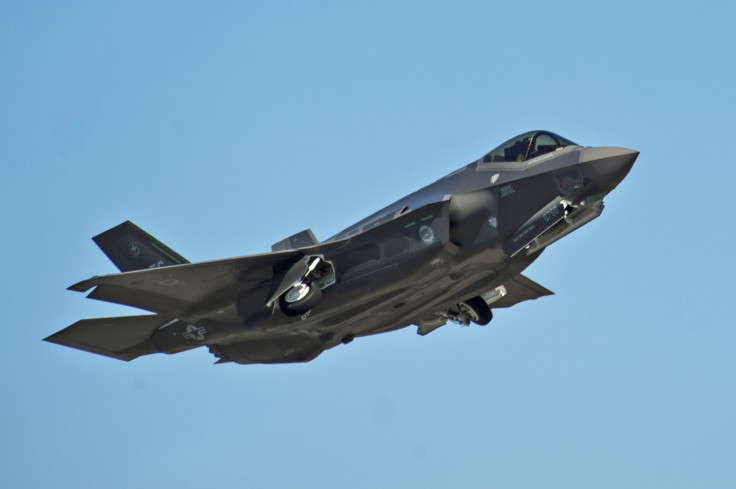Washington to deploy F-35 fighter jets in Japan for first time outside US soil
The move could be seen as an act of counter-balance by the US to tackle growing challenges from China and North Korea.

Washington is to deploy a fleet of sophisticated F-35 fighter jets at a US military base in Japan. The strategic deployment is seen as a counter-balance to the growing military threat posed by North Korea and China.
According to the plan, 10 fighters will be deployed by January 2017 while six other aircraft would join the fleet later that year. This will be for the first time the US is mobilising the advanced stealth aircraft outside the American soil. In 2014, the F-35 (codenamed Joint Strike Fighter) was touted as the most expensive project in the history of US military.
Top officials from Japan's foreign and defence ministries have visited the Iwakuni base in the western part of the country where the aircraft fleet would be stationed. They visited the prefecture informing the mayor of the latest plan.
In an attempt to play down the decision, the parliamentary vice foreign minister Japan, Shunsuke Takei said: "The (F-35) deployment is simply upgrading the type of aircraft and is not linked to the US military realignment."
The F-35s, equipped with radar-evading and radar-jamming capabilities, would replace the F/A-18 fighters and AV-8 Harrier jets at the US air base in Iwakuni. The stealth fighters could travel at supersonic speed while its variant F-35B is capable of short takeoffs and vertical landings.
"As this would be the first deployment in Japan, we would like to make inquiries about the aircraft's safety and operation," Iwakuni's Mayor Yoshihiko Fukuda told reporters. The jets would not fly above the urban areas once they take-off in order not to disturb the residents. Fukuda said a final nod for the deployment in his prefecture would be given only after consulting the residents of Iwakuni.
The US's decision to deploy those stealth jets are sharply aimed at growing challenges posed by China's aggressive regional assertions and the threats emerging from North Korea. While the Korean peninsula has been under volatility over the last few months, Beijing has also been ramping up its stance on regional territorial disputes. China, which earlier severely objected to Washington's deployment of Thaad missiles in South Korea, has not yet responded to the latest move.
© Copyright IBTimes 2025. All rights reserved.






















